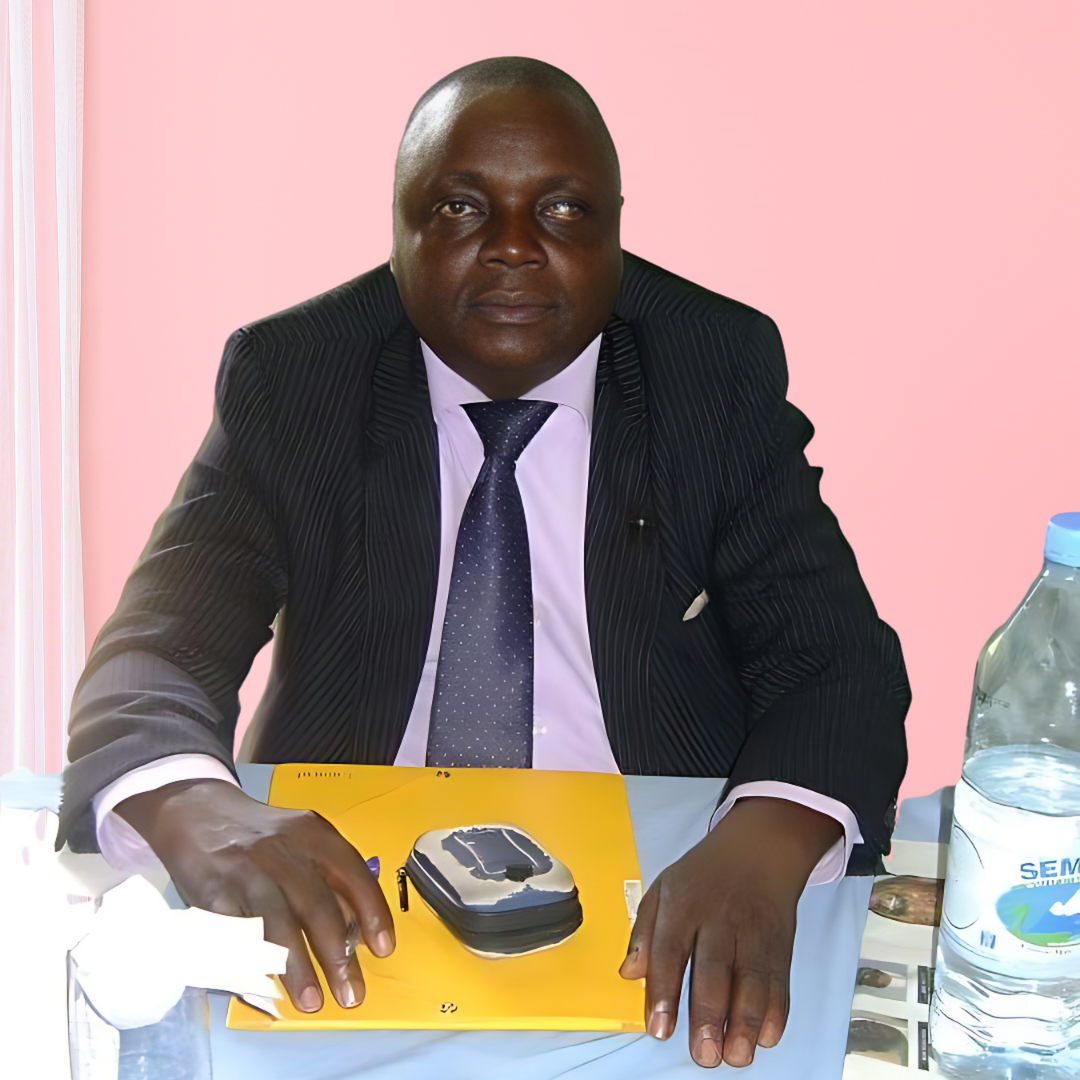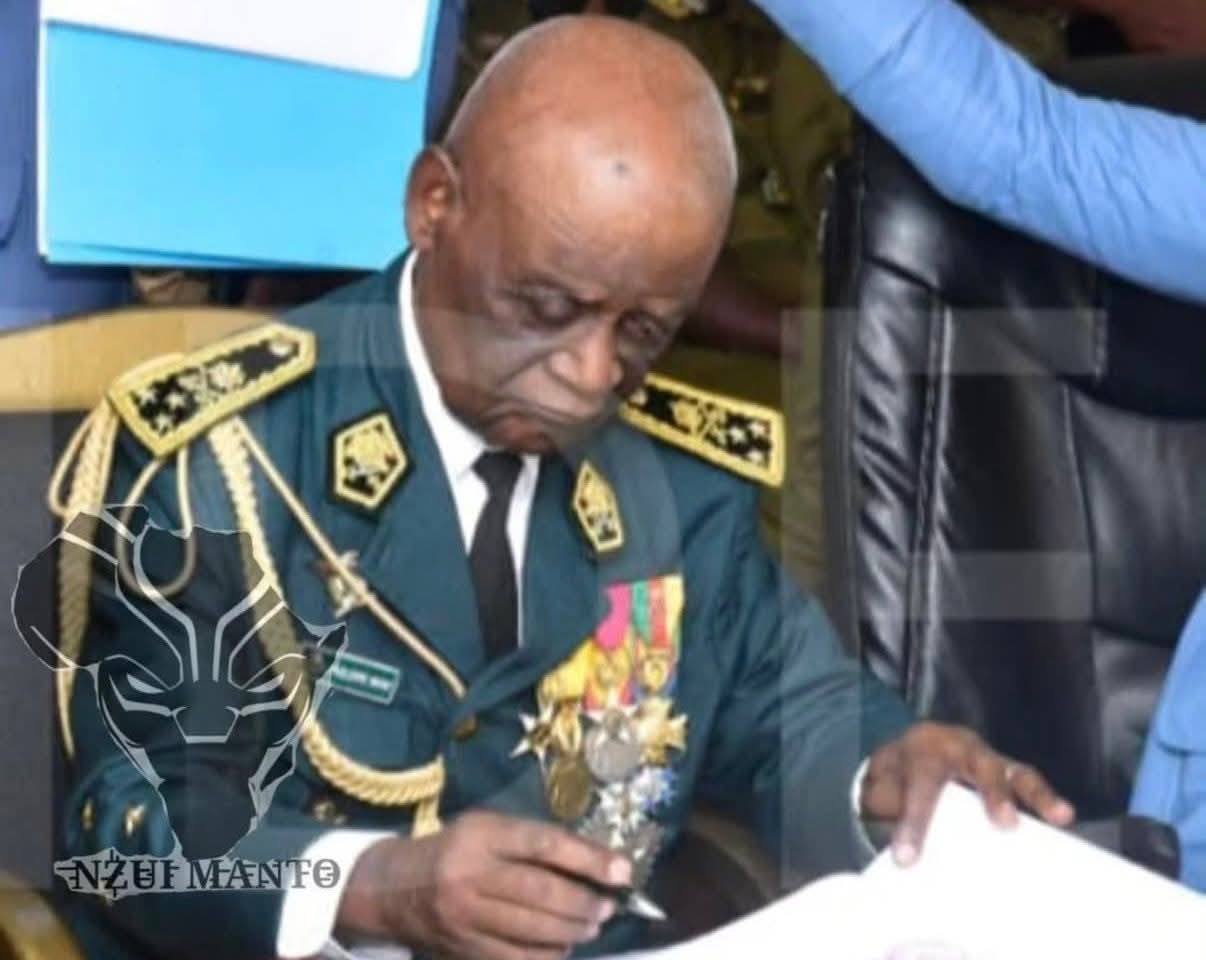Cameroonian Armed Forces, merits and frustrations: the appointments of July 15, 2025, through the prism of duty and expectations
By Pharel Ateba
Journaliste +237 654012096
On July 15, 2025, in his dual capacity as President of the Republic and Supreme Commander of the Armed Forces, His Excellency Paul Biya, following Article 8, paragraph 10, of the Constitution of January 18, 1996, made a series of appointments to the senior ranks of the Cameroonian army. This exclusive, non-delegable sovereign power is a continuation of presidential prerogatives, which grant the Head of State a monopoly on strategic decisions in matters of national defense. But behind the official communiqués and decrees read on CRTV, a muted discontent has been heard in the barracks and headquarters. According to several internal sources, these appointments once again raise legitimate questions about the principles of fairness, merit, and institutional development in the defense forces. Three points in particular have crystallized this incomprehension.
First, the continued leadership of the Joint Chiefs of Staff of Lieutenant General René Claude Meka, 86 years old and in office since 2001, appears paradoxical. The armed forces reform initiated that same year called for a rejuvenation of the high command. While Lieutenant General Meka’s experience is undeniable, his longevity raises questions about the accessibility of command positions for younger generations of officers, at a time when strategic agility and the digital transformation of the armed forces require a new approach to security challenges.
Second, the failure to promote Colonel Raymond Jean Charles Beko’o Abondo, commander of the Presidential Guard since 2013, to the rank of general, has caused palpable dismay within this elite unit. A respected figure for his loyalty, discretion, and professionalism, this officer, according to several military analysts, has met all the requirements to reach the rank of general. The lack of official recognition at this level could impact the morale of the troops under his authority, and raise questions about the readability of the promotion criteria.
A third source of bitterness: the complete absence of women in promotions to the rank of general. At a time when militaries around the world are fully integrating gender parity as a factor of efficiency and social justice, Cameroon seems to be lagging behind this dynamic. The Canadian example, with the appointment of Jamie Speiser-Blanchet as head of the Air Force, nevertheless illustrates the strategic value of the gender approach in contemporary armed forces. Nevertheless, certain decisions deemed satisfactory should be welcomed, notably the appointment of Air Brigadier General Benoît Eba Eba as head of the Air Force General Staff. This marks a long-awaited turning point after a period of operational inertia symbolized by the lack of aircraft and adequate training. However, general sentiment remains mixed, especially given the neglect of officers in the mobilizable reserve, despite their valuable skills and experience.
With less than three months to go before the presidential election, these appointments could have been a powerful act of unity around the Republican values of merit, fairness, and modernity. Nothing is set in stone yet. The opportunity remains at the highest levels of government to make the necessary adjustments to strengthen the cohesion and confidence of the armed forces, the unwavering foundation of national stability and sovereignty.
Cameroonian Armed Forces, merits and frustrations:





